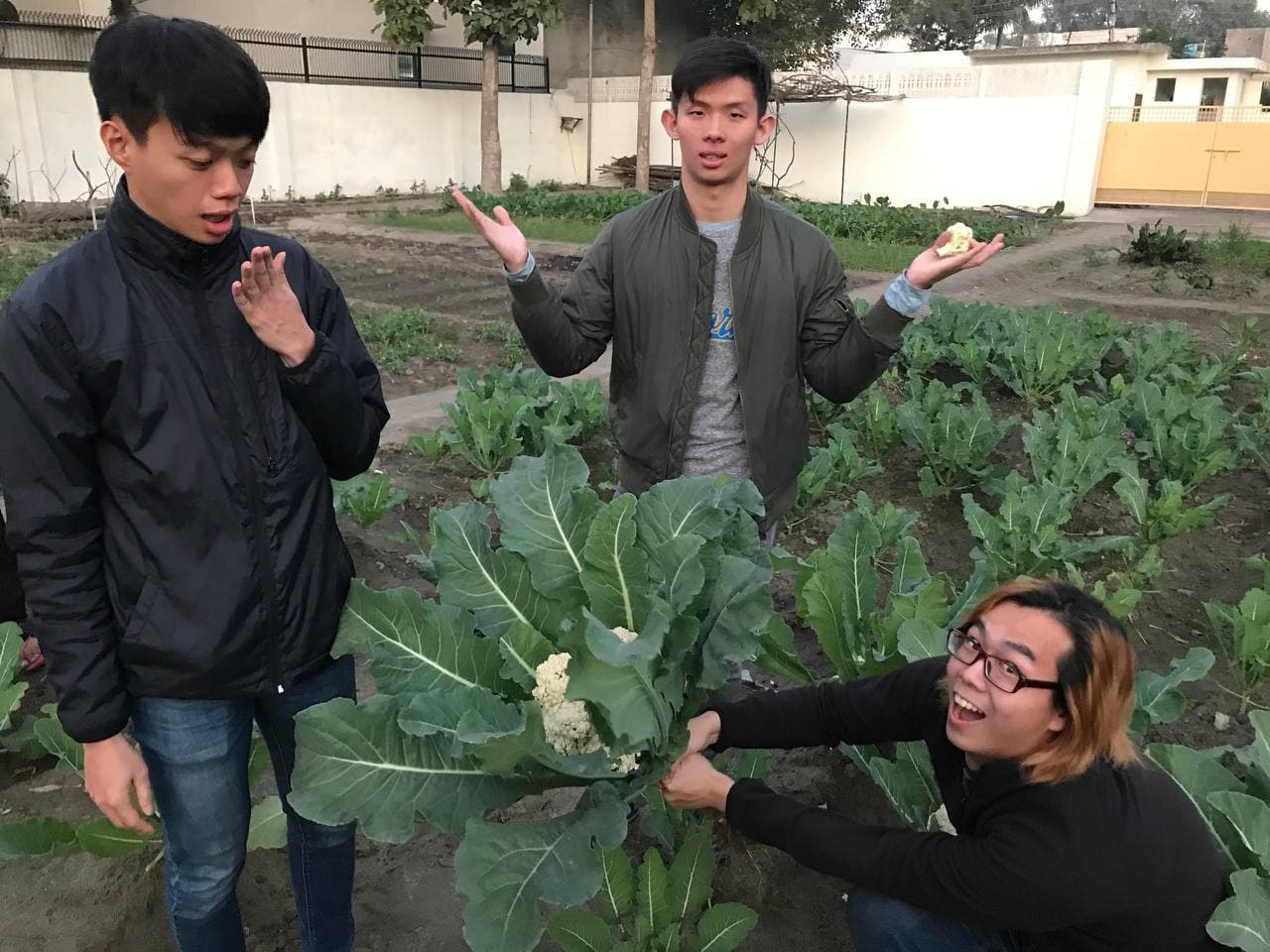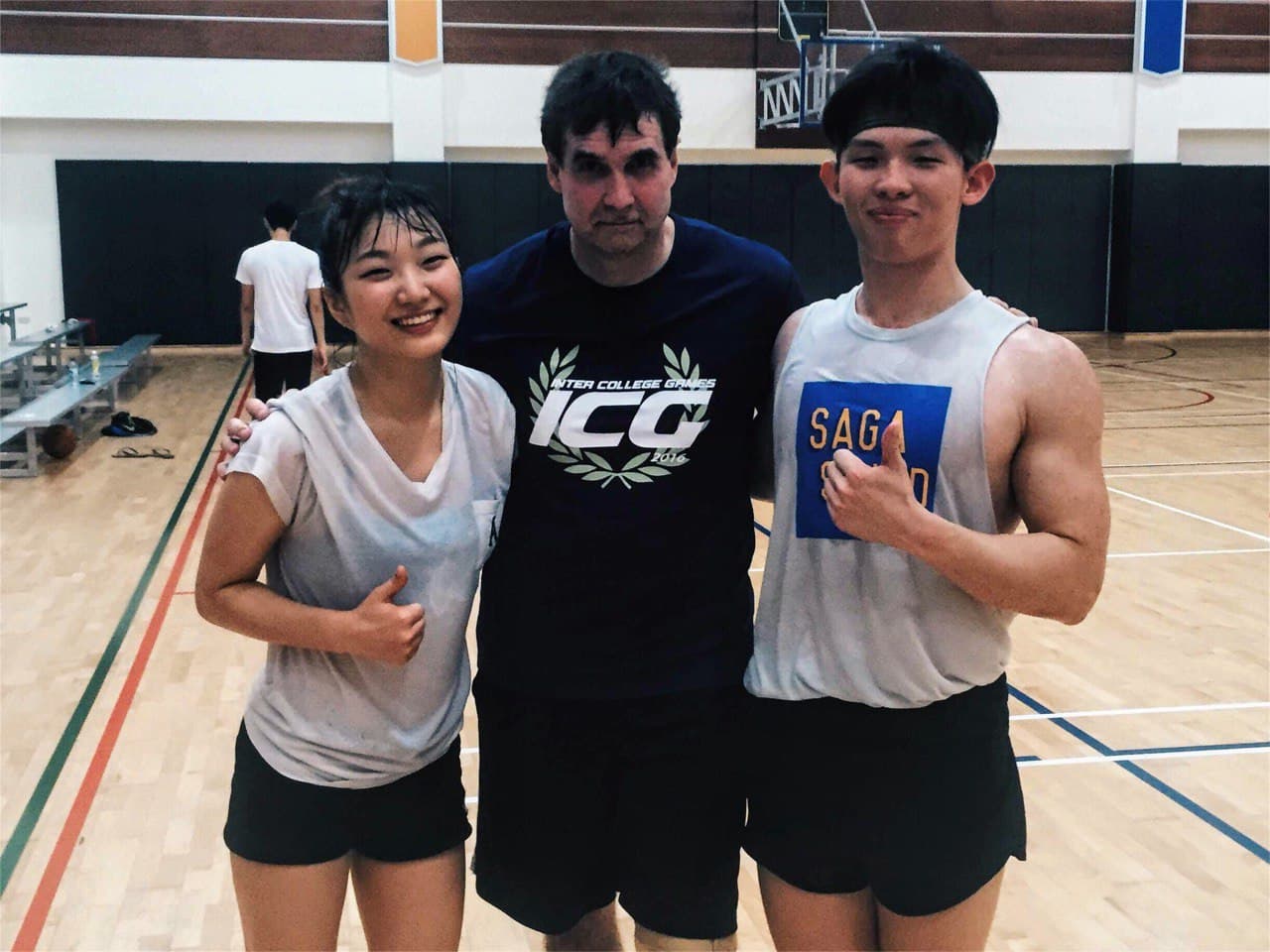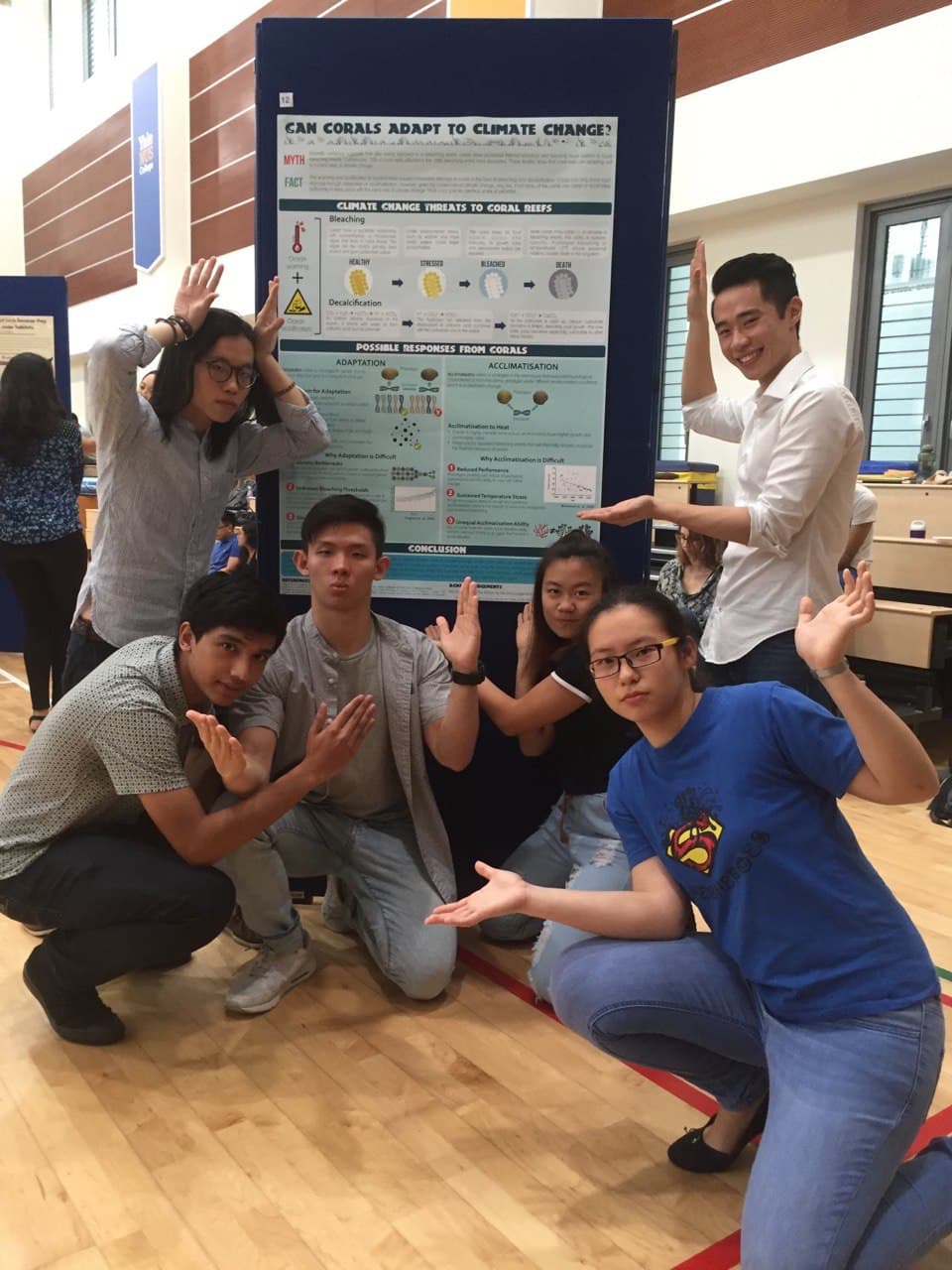Yale-NUS : The Best Experiment I Participated In

In the past few weeks, I have seen my peers denounce the NUS President for his poorly executed merger of Yale-NUS and USP. Many students who have dedicated four years of their lives building this community up are left exasperated and angered. Doubts are being expressed about the commitment of NUS to its plan of expanding its liberal arts education. Through it all, a sentiment of disappointment and anger prevails in many comments.
I have no intention to deride him nor comment on the efficacy of this decision. In my opinion, it is still too soon to make a judgement call, and I prefer to hold my tongue now. After all, we have not even received any message or update from the President of Yale-NUS College regarding this merger. (There is, however, a petition going around driven by NUS students asking the administration to reverse the merger, or at least merge in a more consultative manner)
Watching this controversy unfold and reading the comments of my peers online, I share their sadness that this current experiment of a liberal arts experience might have come to an end. However, I realised that I had not given thanks to this school that has helped me grow. I hope that I can spell out my aspirations for whatever Yale-NUS College and USP transforms into in my thanksgiving.
Yale-NUS College As A Living Experiment
From the onset, I have seen my experience and the construction of this college as an experiment in higher education. Be it a mixed dorm, a mandatory residential living experience or internationalisation of the student body; these were significant deviations from the norm in Singapore’s higher education landscape. The T&Cs between Yale and NUS underlined the experimental nature. Each school had until 2025 to pull out of this experiment if they wanted to. Furthermore, if we have studied past collaborations (be it MIT-SUTD or John Hopkins), we will know that longevity is often the exception to the norm and not the norm itself.
Regardless of the outcome, the Yale-NUS experiment has enriched my life greatly. Today, I would like to share three ways this community has helped me.
Comfortable Being Uncomfortable

The idea of Yale-NUS College as an ‘American’ liberal arts college transplanted in Singapore coupled with another trope - the social justice warriors - encourages caricatures of entitlement and elitism. In some cases, our passion and ardour might have accidentally reinforced such tropes.
For the most part, students are fairly cordial, warm and friendly. But, the ideas many people bring forth are challenging and Avant-grade. They challenge assumptions, existing frameworks and provide new ways to think of a reality.
As a first-gen Singaporean, I grew up in a conventional public education system. I graduated from Temasek Secondary School and went to Victoria Junior College. As such, I find myself oriented towards the status quo. Be it economics or social policies, I felt that barring a few disagreements, I largely agreed on economics or social policies.
However, as I got exposed to new and sometimes more radical ideas from left-leaning friends (Singaporeans and international), I had the chance to stress-test my assumptions and steelman the opposing arguments. I had the chance to be placed in uncomfortable situations where my ideas and beliefs were being systematically challenged.
This robust intellectual challenge did not deteriorate into acrimony because the people I disagreed with were friends that I loved at the end of the day. The strain helped me become comfortable being uncomfortable.
We broke bread (sometimes, gluten-free) together, travelled together, played together, and lived together.
Unlike Ben Shapiro, who famously claimed that “Facts Don’t Care About Your Feelings”, I happen to believe that “Feelings Help You Care About Facts”.
On many issues, my position changed because I first felt safe enough to stick to my guns or change my mind.
The sweet fruits of friendship must mediate the bitterness of debate. For that, I am thankful for Yale-NUS College, which has gifted me lifetime friendships in overwhelming abundance.
Professors as Friendly Colleagues

I must confess I am a bleeding Confucianist. I believe in the hierarchical structure of a teacher-student relation. In Chinese, there is this saying, "一日为师,终身为父". In English, it means - even if the student has a teacher for a day, he must treat the teacher as a father for life. Hyperbolic? Sure. But, the key idea is that students ought to treat teachers with deference and respect.
Yale-NUS flipped this idea on its head. It was more like "一日为师,终身为友", where teachers are not to be treated like parents, but friends.
Certain professors dispensed with the title of 'Prof' and asked us to call them by name instead. Others brought in food prepared by their spouses once in a while and invited us to appreciate it while attending class. Professors would open up lunch hours with students where we could just hang out and talk about non-academic related stuff. I believe our small size facilitated this outcome because this 'community of learning' was small and cosy. The classroom sizes were small, and the administration did an excellent job of creating faculty-student events that allowed us to form close bonds with our professors.
I vividly recall one class in my sophomore year where I attended a religious philosophy class taught by Andrew Bailey, one of YNC's biggest basketball fans and kickass profs. He organised a nice dinner for us (sushi, cheese and wine) and had us share our reflections. The topics were varied, ranging from the logic of atheism to the efficacy of prayer in daily life.
Unlike the standard, dull PowerPoint presentations that have characterised classes meant to facilitate peer learning, this class brought about spirited conversations and mutual appreciation of each other’s work. The Chinese adage - “三人行必有我师焉“ meant that “In walking with three, there must be at least one who could be my teacher.”
Yale-NUS was a community of learning where teachers could become friends and friends could become teachers.
A Shared Vision

I was in the fourth batch of students. We joined the college when Yale-NUS just moved into the spanking new campus and at a time when the school was still trying to figure out the common curriculum while students were still trying to figure out how to build a student interest group from the ground up.
And boy, was it messy! There were a lot of disagreements, arguments and debates. Till today, I find myself disagreeing with many of my peers. But, there was a shared sense of mission that we were all building a liberal arts college that would thrive in Singapore.
Like Timothy shared in his Straits Times Op-Ed, we embraced this spirit wholeheartedly and built this school up from scratch.
For me, this shared vision was empowering because it showed me that what we had in common was so much stronger than our differences. Regardless of one’s race, nationality, religion, political position and gender, we were all committed to making Yale-NUS a place that we could all flourish.
Thanks to Yale-NUS, I truly learnt how to accept differences and find ways to co-operate for a shared vision.
Imagine 2025

If you told me in January 2021 that Yale-NUS was so successful that we decided to merge with USP to make a liberal arts education more accessible for Singaporeans while ensuring financial sustainability, I would have been over the moon. But, the way the NUS Leadership did this has suffocated any enthusiasm I would have had.
It seems that it is unlikely that NUS would reverse the process nor provide more transparency on the process. It would be best to accept this verdict and find ways to make the New College in 2025 a success. I hope that the New College would embody the spirit of Yale-NUS College in three ways.
First, I hope that the New College will be actively diverse. A diversity of people and views will improve the quality of education and help one appreciate the richness of life.
Second, I hope that the New College would retain the shared spirit of community and camaraderie between students, staff, faculty and the administration. Together, as a team, they would make The New College a shining model of liberal arts education in Asia.
Lastly, I hope that the current Yale-NUS alumni would love the New College as our own. For Yale-NUS has taught us to be global citizens, to uphold the principles of free exchange of ideas, pluralism, and respect for diversity. We must acknowledge that the world does not revolve around us and that we can still serve the world even when things don’t go our way. It would do future generations of students immeasurable good if we demonstrated our magnanimity in the face of folly.
May The New College, just like Yale-NUS, ‘redefine liberal arts and science education for a complex, interconnected world.’
P.S: If you are receiving this email, congrats! You were an OG with thebreakfastbagel and now, you will be on the breakfast notes where I share with you my learnings as a millennial in the marketplace. Stay tuned for the first edition!